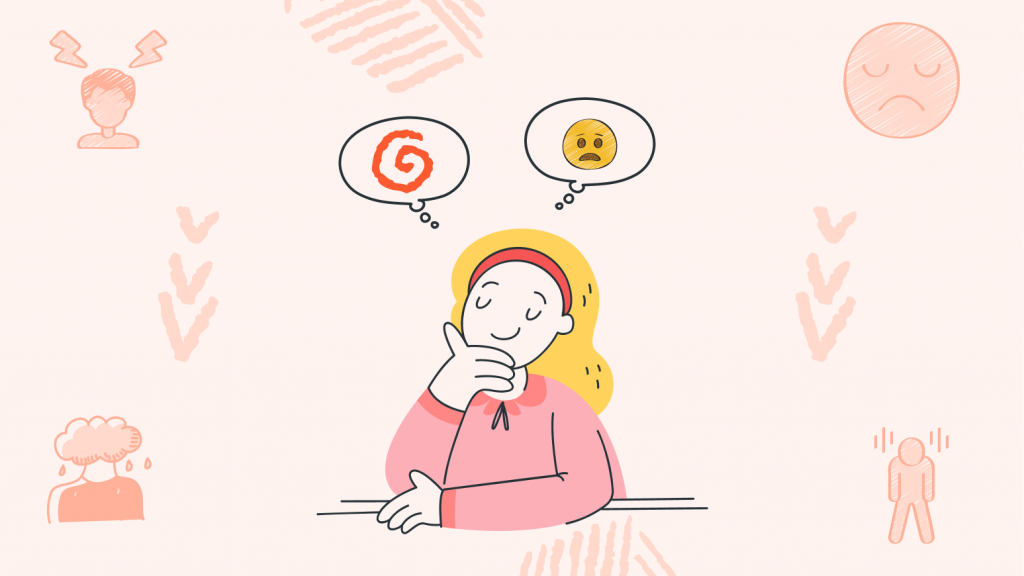Objects that Represent Leadership and Wealth
Gone are the days when a shiny new sports car or a designer handbag set the social hierarchy. Welcome to the digital age, where your worth is often measured in pixels and social media prowess. Let’s take a deep dive into how the icons of statutes have shifted from tangible luxuries to the virtual badges of honor we covet today.
It’s a fascinating swap, isn’t it? Now, the latest iPhone or an advanced smart home gadget often holds more bragging rights than traditional luxury items. And let’s not forget the heavyweight champion of digital status—social media followers. It seems like the more followers you have, the higher your social standing.
This shift has turned our online presence into a constant competition. Every post, tweet, or story is a move in a subtle game of digital chess, where visibility and engagement are the kings and queens of social validation. Unlike the discreet charm of luxury goods, digital status symbols are blatantly public, making our private successes (and failures) everyone’s business.
Navigating this new playground requires more than just financial investment—it’s about curating an online persona that attracts attention and sustains interest. In this realm, it’s not just about owning something; it’s about sharing it, enhancing it, and, most importantly, getting others to acknowledge it. The digital age has transformed the way we view prestige, turning every like, share, and follow into a micro-validation of our social worth.
The Digital Dopamine Drive
Ever wonder why posting a photo or sharing a status can feel so rewarding? It’s all about the dopamine, our brain’s own little cheerleader, getting pumped up every time we get a like, a share, or a glowing comment online. Dopamine is a feel-good chemical that plays a huge role in how we experience pleasure and reward. Each time we see that someone has engaged with our posts or we show off our latest gadget, our brain gives us a little hit of this happiness hormone, encouraging us to keep going back for more.
But there’s another layer to this digital delight. Ever heard of FOMO, or the fear of missing out? This isn’t just a pop culture buzzword; it’s a powerful driver that taps into our deep-seated need to belong. Our brains are wired to be part of the tribe, and in today’s world, that tribe is often online. Owning the latest tech or being seen at the virtual ‘place to be’ boosts our social credentials and feeds into our basic desires for acceptance and recognition.
This neurochemical dance of dopamine and the dynamics of FOMO mean that our gadgets and online personas are more than just tools or profiles—they’re extensions of our social selves. Engaging with them activates the same parts of our brain that light up during other rewarding activities, making the digital world an irresistible arena for establishing and flaunting our social status. So next time you feel a buzz from seeing your likes tick up, remember, it’s just your brain doing what it’s programmed to do: chasing the feel-good vibes of digital applause.
Subscribe to newsletter
Get your Gut Health Starter Guide right now.
Elevate your Tuesdays with practical, science-backed wisdom propelling you forward on your gut health journey.

Steps to Balance Tech Prestige with Personal Values
- Mindful Tech Consumption: Evaluate whether your technology purchases align with your actual needs or are primarily driven by status anxiety. Choose devices that serve your real-life requirements, rather than just buying the latest model for its own sake.
- Digital Detox: Regularly unplug from social media and digital devices to gain perspective on what truly enhances your life quality, beyond digital validation.
- Focus on Authentic Connections: Invest in relationships that are built on genuine interactions rather than digital likes and shares. Real-world connections tend to provide deeper satisfaction and long-term happiness.
- Develop Non-Digital Hobbies: Engage in activities that don’t revolve around technology, such as sports, reading, or art. These can offer fulfillment and status that are not tied to digital trends.
- Educate Yourself on Consumer Psychology: Understanding the psychological tactics used by marketers to sell the latest tech can arm you against impulsive purchases made for the sake of status.
A Testimonial of Digital Discernment
Let’s meet Alex, a tech aficionado whose life once revolved around snagging the latest gadgets the moment they hit the market. “I was always on the lookout for the next big release. It felt like I had to keep up, or I’d fall behind,” Alex shares. This relentless pursuit of the newest tech was not only draining his wallet but also his mental energy.
Fed up with the never-ending cycle of upgrades, Alex embarked on a mission of mindful tech consumption. He started asking himself a crucial question before any tech purchase: “Does this truly add value to my life?” This shift in mindset transformed his approach to technology. “Instead of buying on impulse, I began to consider the real impact each device had on my everyday life,” he explains.
Motivated by his personal revelations, Alex launched a blog to explore the crossroads of technology and well-being. “Writing about my experiences opened a new avenue for connection and reflection. It became a way to live out my values more fully and encourage others to think about what they really need from their devices,” Alex reflects.
His blog soon turned into a platform for change, inspiring readers to reevaluate their own tech habits. Alex’s story of finding balance in the digital age resonates with many who seek to use technology in more thoughtful and enriching ways. “It’s not about having the latest model anymore; it’s about how technology serves my life and values,” he notes.
















